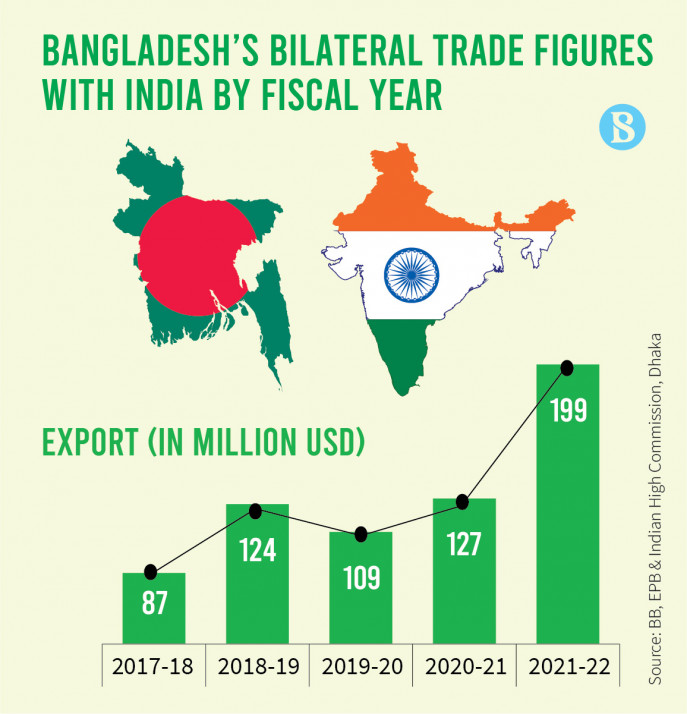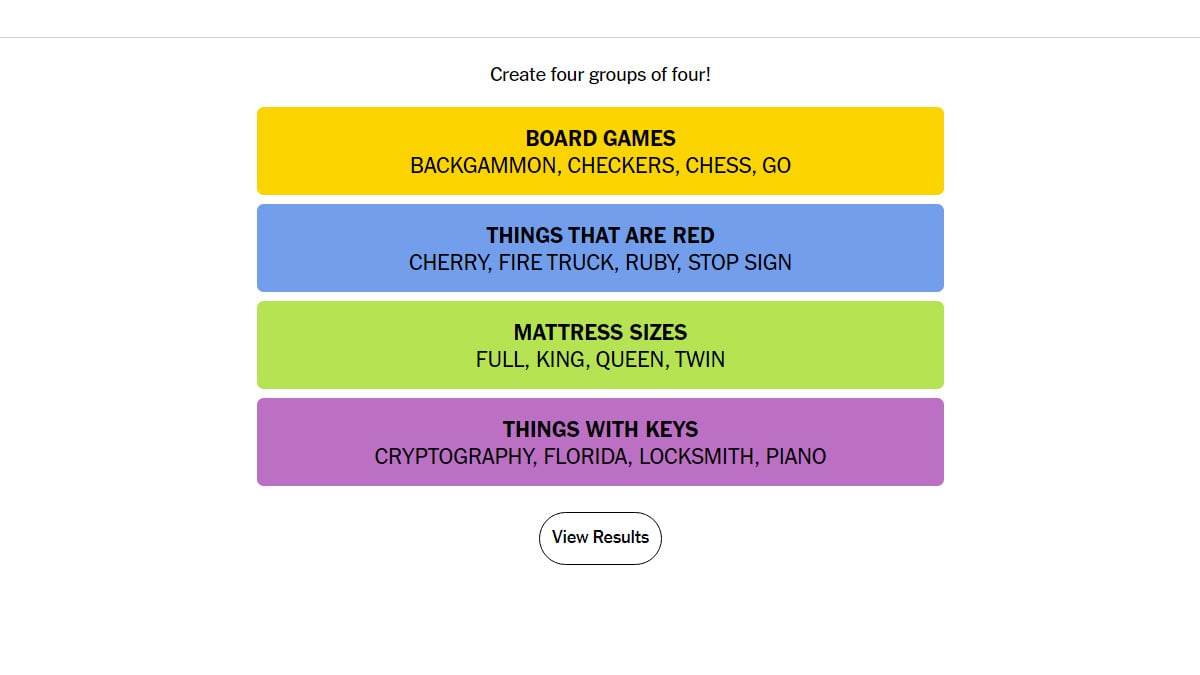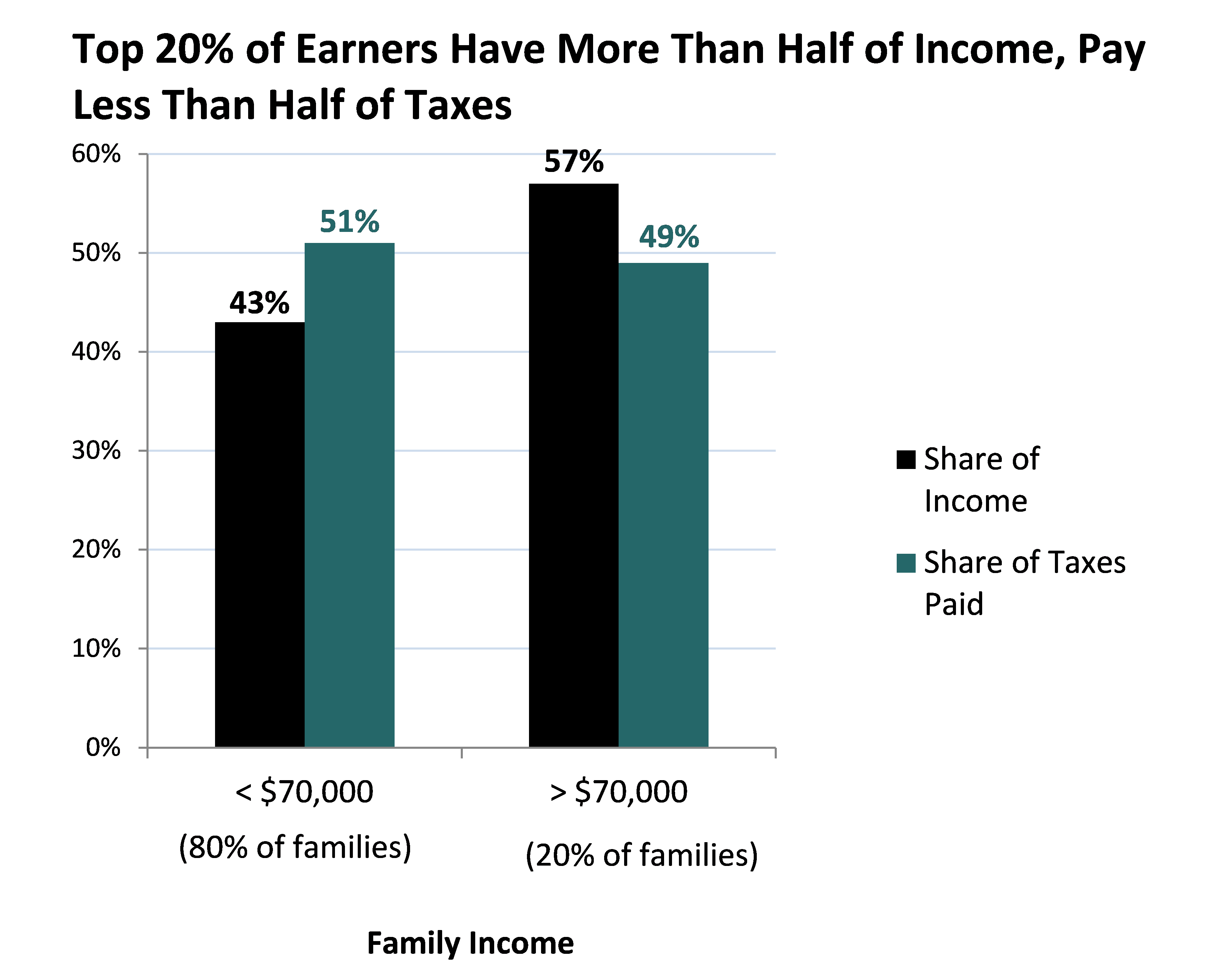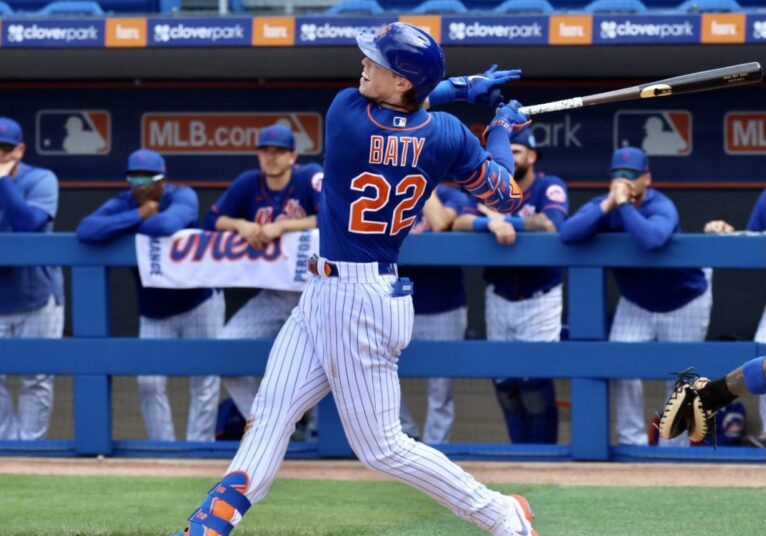FTC Monopoly Case Against Meta: The Defense Begins

Table of Contents
The FTC's Allegations of Anti-competitive Behavior
The FTC's core accusations against Meta center around allegations of anti-competitive behavior, primarily focusing on Meta's acquisitions of Instagram and WhatsApp and its data practices. The FTC argues that these actions have stifled competition and allowed Meta to maintain its dominant position in the social media market. They intend to prove that Meta holds significant monopoly power, violating antitrust laws.
-
Acquisition of Instagram and WhatsApp: The FTC claims these acquisitions, rather than benefiting consumers, eliminated potential competitors and cemented Meta's dominance. They argue that Instagram and WhatsApp, had they remained independent, could have posed a serious challenge to Facebook's market share.
-
Anti-competitive practices regarding data collection and usage: The FTC alleges that Meta leverages its vast data collection to unfairly advantage itself and disadvantage rivals. This includes accusations of using data to suppress smaller competitors and solidify its market dominance.
-
Allegations of leveraging market dominance to suppress rivals: The complaint likely highlights instances where Meta allegedly used its power to exclude or disadvantage smaller social media platforms or emerging technologies. The FTC aims to demonstrate how this market dominance has stifled innovation and choice for users.
-
Legal Definition of a Monopoly: The FTC must prove that Meta fits the legal definition of a monopoly, demonstrating significant monopoly power and the ability to control prices or exclude competition. This requires a detailed examination of Meta's market share, pricing strategies, and overall influence within the social media landscape.
Meta's Defense Strategies and Counterarguments
Meta's defense will likely focus on refuting the FTC's allegations and highlighting the positive impacts of its actions on users and innovation. They will employ a multi-pronged strategy, leveraging legal expertise and economic analysis.
-
Arguments regarding the benefits of acquisitions for users and innovation: Meta's defense will likely argue that the acquisitions of Instagram and WhatsApp integrated complementary services, creating a more seamless user experience and fostering innovation within their ecosystem. They might point to increased user engagement and feature enhancements as evidence.
-
Justification of data collection practices as necessary for service improvement and targeted advertising: Meta will probably contend that its data collection practices are essential for providing personalized services, improving user safety, and delivering relevant advertising. They might argue these practices are industry standard and benefit both users and advertisers.
-
Rebuttal of claims of suppressing competition: Meta's defense will likely highlight the vibrant competitive landscape in the social media market, citing the existence of numerous competitors such as TikTok, Twitter (now X), and Snapchat. They will argue that these competitors actively contest their market share, demonstrating a lack of monopoly power.
-
The Role of Legal Experts and Precedents: Meta will undoubtedly utilize a team of top legal experts to build a strong defense, citing relevant legal precedents and challenging the FTC’s interpretation of antitrust laws. This will involve meticulous examination of evidence and exploration of nuanced legal arguments.
The Role of Evidence and Data in the Case
The Meta Monopoly Case hinges on the evidence presented by both sides. Data analysis will play a crucial role in determining the outcome.
-
Analysis of market share data and its interpretation: The FTC and Meta will present competing analyses of market share data, with differing interpretations of what constitutes dominance. The accuracy and methodology of these analyses will be crucial.
-
Importance of user surveys and consumer behavior analysis: User surveys and studies of consumer behavior will be used to gauge user preferences, assess the impact of Meta's actions, and determine whether competition is truly stifled.
-
Examination of internal Meta documents and communications: Internal Meta documents, emails, and communications will be closely examined for evidence of anti-competitive strategies or intent.
-
The potential impact of expert witness testimony and economic modeling: Economic modeling and expert witness testimony will play a key role in evaluating the economic impact of Meta's actions and determining whether those actions significantly lessened competition. This will include analysis of consumer behavior and market dynamics.
Potential Outcomes and Implications
The potential outcomes of this Meta Monopoly Case are significant, carrying implications far beyond the immediate parties involved.
-
Potential for divestiture (Meta being forced to sell Instagram or WhatsApp): One possible outcome is a court order requiring Meta to divest itself of either Instagram or WhatsApp, restoring competition in the market.
-
Possible changes to Meta's business practices and data handling: Even without divestiture, the court could impose changes to Meta's data collection practices or other business practices deemed anti-competitive.
-
Precedent-setting implications for future tech acquisitions and antitrust cases: The outcome will set a significant precedent for future tech acquisitions and antitrust cases, influencing the regulatory landscape for years to come, particularly concerning antitrust implications for large tech companies.
-
Impact on the broader social media landscape and competitive dynamics: The decision will undoubtedly reshape the broader social media landscape and competitive dynamics, potentially fostering greater competition and innovation, or reinforcing existing power structures, impacting the overall regulatory landscape.
Conclusion
The FTC's monopoly case against Meta is a landmark legal battle with far-reaching consequences. Meta's defense will be crucial in shaping the outcome, and the evidence presented—including market share data and analyses of consumer behavior—will be rigorously scrutinized. The case will undoubtedly redefine the regulatory landscape for large tech companies and set precedents for future antitrust actions. Staying informed about this Meta Monopoly Case is essential for anyone interested in the future of social media and the competitive dynamics of the technology industry. Keep following the developments in this crucial Meta Monopoly Case to understand the evolving legal and business landscape.

Featured Posts
-
 Analyzing Indias Decision To Restrict Imports From Bangladesh
May 19, 2025
Analyzing Indias Decision To Restrict Imports From Bangladesh
May 19, 2025 -
 Australia No Junior Eurovision Return In 2025
May 19, 2025
Australia No Junior Eurovision Return In 2025
May 19, 2025 -
 Parcay Sur Vienne La Fete De La Marche Rassemble Une Centaine De Personnes
May 19, 2025
Parcay Sur Vienne La Fete De La Marche Rassemble Une Centaine De Personnes
May 19, 2025 -
 Todays Nyt Connections Puzzle 697 May 8 Hints And Solutions
May 19, 2025
Todays Nyt Connections Puzzle 697 May 8 Hints And Solutions
May 19, 2025 -
 U S Allies Await Tariff Relief Despite Swift China Trade Deal
May 19, 2025
U S Allies Await Tariff Relief Despite Swift China Trade Deal
May 19, 2025
Latest Posts
-
 Best Pitching Vs Top Offense Mets Host Cubs In Crucial Nl Matchup
May 19, 2025
Best Pitching Vs Top Offense Mets Host Cubs In Crucial Nl Matchup
May 19, 2025 -
 Impact Of Mississippis Potential Income Tax Cut On Hernando Ms
May 19, 2025
Impact Of Mississippis Potential Income Tax Cut On Hernando Ms
May 19, 2025 -
 Mets Spring Training Finale Batys Roster Spot And The Impact Of Injuries
May 19, 2025
Mets Spring Training Finale Batys Roster Spot And The Impact Of Injuries
May 19, 2025 -
 Nl Clash Mets Dominant Pitching Against Cubs High Powered Offense
May 19, 2025
Nl Clash Mets Dominant Pitching Against Cubs High Powered Offense
May 19, 2025 -
 Atlanta Braves Rise In Nl East A Record Balancing Act
May 19, 2025
Atlanta Braves Rise In Nl East A Record Balancing Act
May 19, 2025
